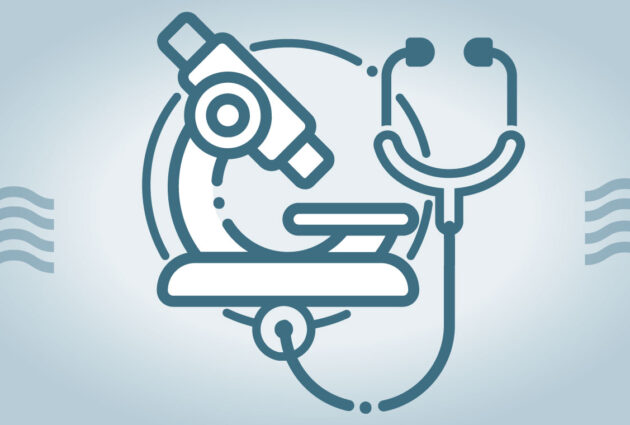Engineering CAR T Cells to Overcome Variable Antigen Density in Acute Myeloid Leukemia
At a Glance
This project will evaluate precision methods for measuring key indicators of success for a targeted cancer immunotherapy to expand treatment options for patients with acute myeloid leukemia (AML), which typically has low treatment response rates and poses a challenge for inducing remission after relapse. The results of this project will support efforts to improve other targeted immunotherapeutic strategies for AML through broader application of the study methods.
The Challenge
Over 350 Wisconsinites will be diagnosed with acute myeloid leukemia (AML) each year, equating to a 1 in 200 lifetime risk. AML is the most common leukemia in the United States and has a dismal prognosis with only a 31 percent overall survival rate five years after diagnosis. Immunotherapies harness the potency and specificity of the immune system to target cancer with the goal of minimizing short- and long-term toxicities. Chimeric antigen receptor (CAR) T-cell therapy is a type of cancer treatment in which immune cells are engineered to better recognize and destroy cancer cells. It has been particularly effective in treating certain blood cancers, but work is needed to develop it for other types of cancer like AML.
Project Goals
The overarching goal of this study is to design CAR T cells that could lead to new clinical trials in the hopes of increasing the number of patients who benefit from CAR T cell therapy. This goal will be addressed through three specific aims:
- Develop a multiparameter quantitative flow cytometry panel for AML genotype-phenotype correlation.
- Identify an antigen density threshold for AML CAR T cell efficacy and for stable synapse formation.
- Engineer CAR T cells to enhance cytotoxicity at lower antigen densities.
